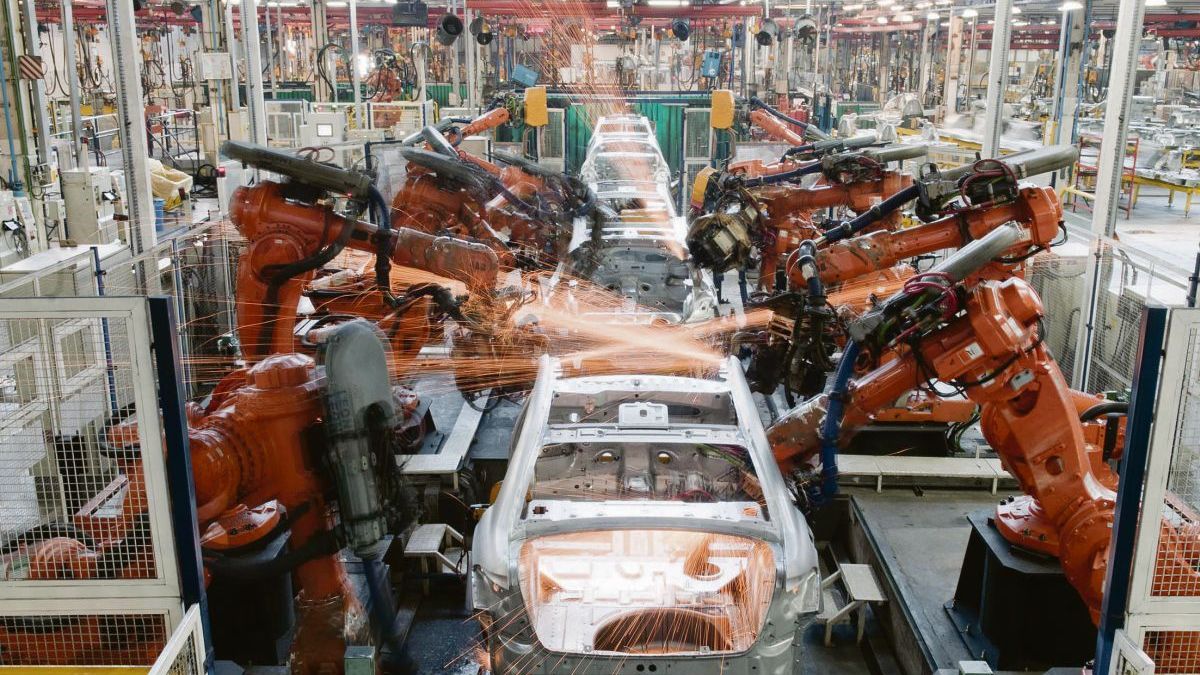Until before this modification, the Central Bank released the dollars at the official value in a period of less than 60 days to pay those obligations. With the new system it was extended to 180 days.
This caused foreign suppliers to decide to cut shipments because they were not willing to finance Argentine companies during that longer term.
In this way, the local auto parts manufacturers stopped receiving products and warned that this would imply that the supply to the terminals would be cut off. This may have a concrete impact in the coming weeks.
That is why the Government and the automakers are holding meetings this week, as anticipated Ambit, to solve the problem.
The idea that is being agreed is to reduce from 180 days to 60 days the release of foreign currency to pay abroad for companies in the sector in general, although smaller companies could access dollars within 30 days.
This would be exclusively for production inputs. On the other hand, for the importation of vehicles, the time to receive foreign currency to pay abroad would go from 180 days to 120.
In any case, if companies want to import 0 km, the mechanism is in force so that they do so using their own dollars. This would imply trading at a dollar of $300 or more, as the financial price, instead of doing the $160 of the official one.
The other alternative is for parent companies to finance these imports. All this would imply an increase in 0 km, which is why the associated companies in ADEFA oppose it. It must be remembered that factories import a large part of their range.
Instead, the mechanism is being used by importers of non-based brands that, in general, target a higher segment of models.
Meanwhile, the situation in the factories is delicate and they live in permanent production stops.
As Ámbito announced last week, Nissan had to stop producing at the Córdoba plant. This Monday it resumed.
Today Volkswagen it also produces its Taos and Amarok models discontinuously at the General Pacheco plant. This is not related to the obstacles to import but is due to quality processes.
General Motors also slowed production of the Cruze model at the Santa Fe plant to prioritize parts for the Tracker SUV. This is due to export commitments.
There are also cases such as semiconductor shortages that have been affecting Ford or Toyota had to remove Hilux units from the assembly line due to delays in the arrival of ships from Asia.
The bet of all the automakers to sustain production until the holiday period that begins in the second half of December arrives.
Source: Ambito
I’m a recent graduate of the University of Missouri with a degree in journalism. I started working as a news reporter for 24 Hours World about two years ago, and I’ve been writing articles ever since. My main focus is automotive news, but I’ve also written about politics, lifestyle, and entertainment.




